I had the pleasure of interviewing Alain MBEBI, a courageous Cameroonian who works hard for his family and his country. Alain’s story is an inspiration to young people.
AFED: Hello Alain, and thank you for agreeing to share your experience with young people on Afed-CM.org.
Alain: Hello Patrick, it’s an honor for me.
AFED: Who is Alain MBEBI?
Alain was born just over thirty years ago in a peaceful village in the far south of Cameroon. I’m an agripreneur at the heart of the “African Feed Africa” (AFA) concept, with a passion for data analysis. From an early age, I grew up with the idea that everyone should be able to produce most (if not all) of what they eat. By the age of five, my parents had already introduced me to vegetable production on a small plot of land not far from the family home. That’s where I got the idea for the AFA concept, because I firmly believe that Africans can and must feed themselves.
With AFA, we have succeeded in implementing an agricultural project, one of whose missions is to show young people that they can succeed, regardless of their origins or initial situations. By doing the “urban exodus”, we encourage young people to see farming as a rewarding path to the future, not as the way forward when nothing else has worked. Always explore your own talents and be the architect of your own success!
We encourage young people to see farming as a rewarding path to the future, not as the way forward when nothing else has worked.
Alain MBEBI, agripreneur, founder of the AFA “African Feed Africa” concept
AFED: What was your educational background?
My school career has been rich in experience and learning. I began my schooling in my village, where I attended a small local school. Despite limited resources, I was always passionate about learning and was encouraged by my parents to pursue my studies. This encouragement came much more from Mum, because with Dad it wasn’t a matter for negotiation but an imperative. With Mum it was different, she was always saying, “As long as there’s someone who can pay for your studies, go for it, there are people who want to go but aren’t as lucky as you”.
It was only later, as I dug deeper, that I realized she was talking about herself, because her father had refused to send her to school on the fallacious pretext that she was a girl. Today, society is beginning to understand, and we’ve reached a milestone in girls’ education. The end of my elementary school years is also what I consider to be the beginning of my circumstantial exile. Indeed, from the time I started secondary school until now, I haven’t had the chance to spend more than 20 days of any given year in my beautiful village.
“As long as there’s someone who can pay for your education, go ahead; there are people who want to go but aren’t as lucky as you”
Advice from Alain’s mother.
After tours in several cities, I finished high school with a bachelor’s degree in mathematics and physical science. My passion for mathematics and philosophy then led me to the doors of the maths department at the University of Yaoundé I, where I spent around 5 years of hellish learning between studying, working, giving up and constantly looking for a permanent home. My desire to acquire more knowledge, my will to give meaning to my life, and my rage at the recurrent insults associated with my social condition led me to several universities and Grandes Ecoles around the world until I obtained my final university diploma. Along the way, I had the good fortune to be taught and mentored by some of the world’s greatest mathematicians. I’d like to take this opportunity to express my gratitude to Professors Bernd J. Schroers, Marco Minozzo and Cédric Villani.
My schooling has been a springboard for my career as a data analysis researcher. I’m grateful to my teachers, my family, all those unknown people who once reached out to me when all hope was lost, all my friends on Avenue Kennedy in Yaoundé who more than once contributed money so that I could pay for my schooling. This experience has strengthened my belief in the power of education and motivates me to encourage young people to pursue their studies and work tirelessly to achieve their goals.
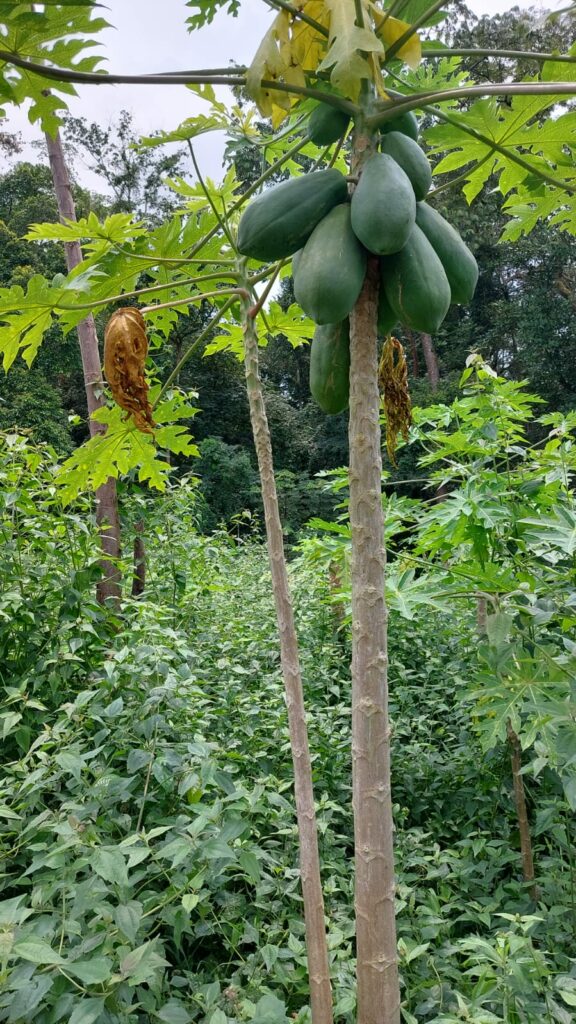
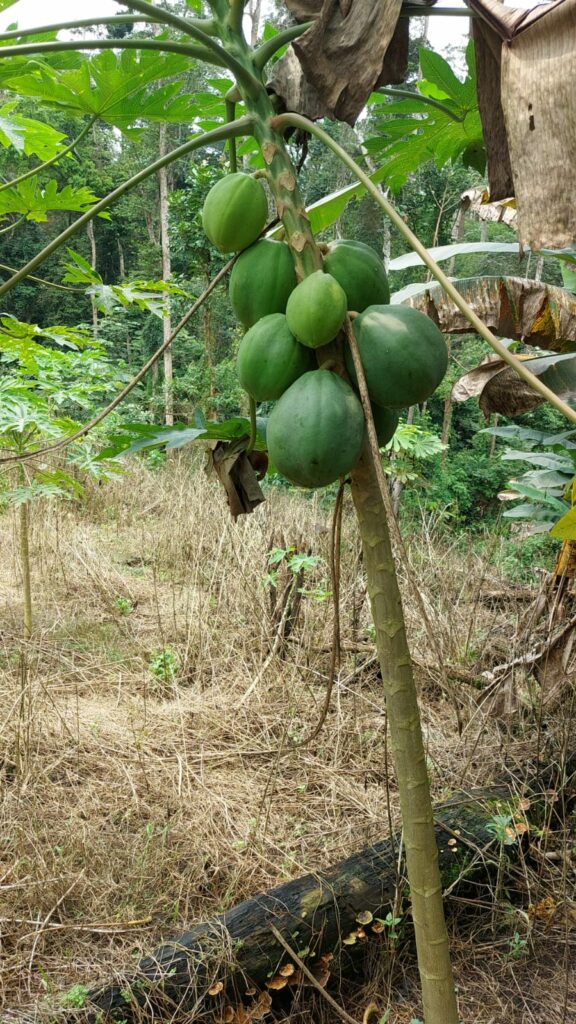
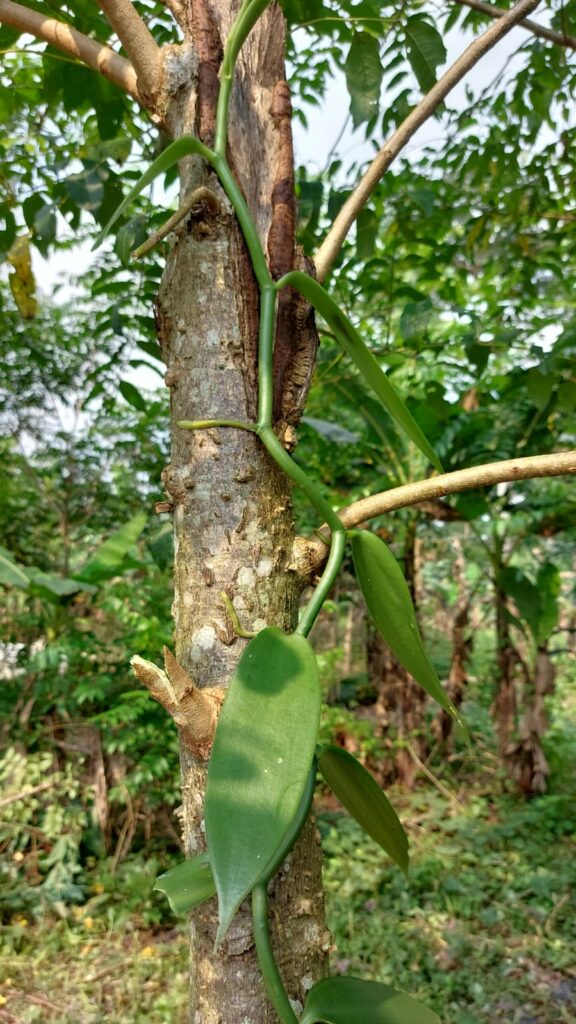
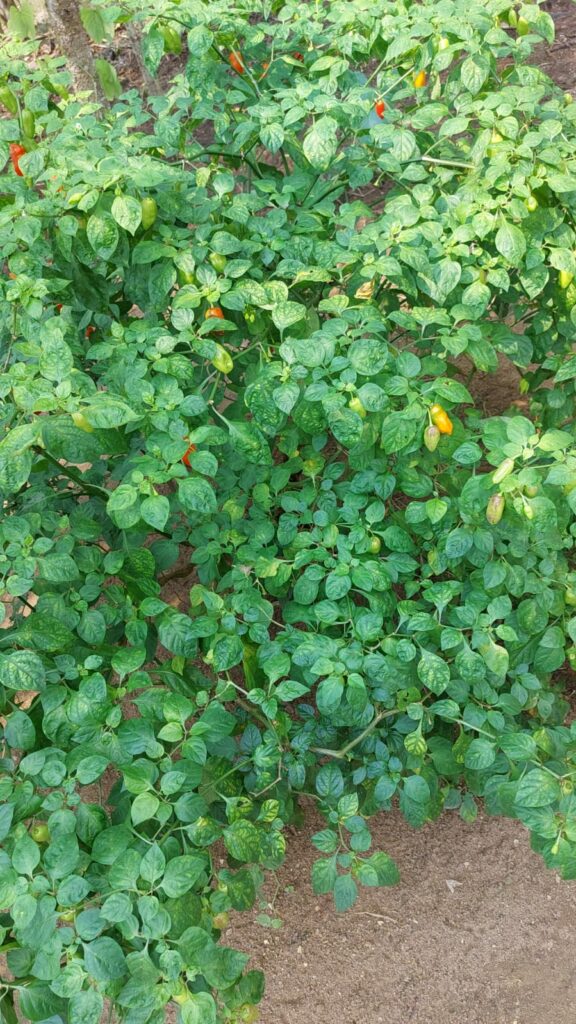
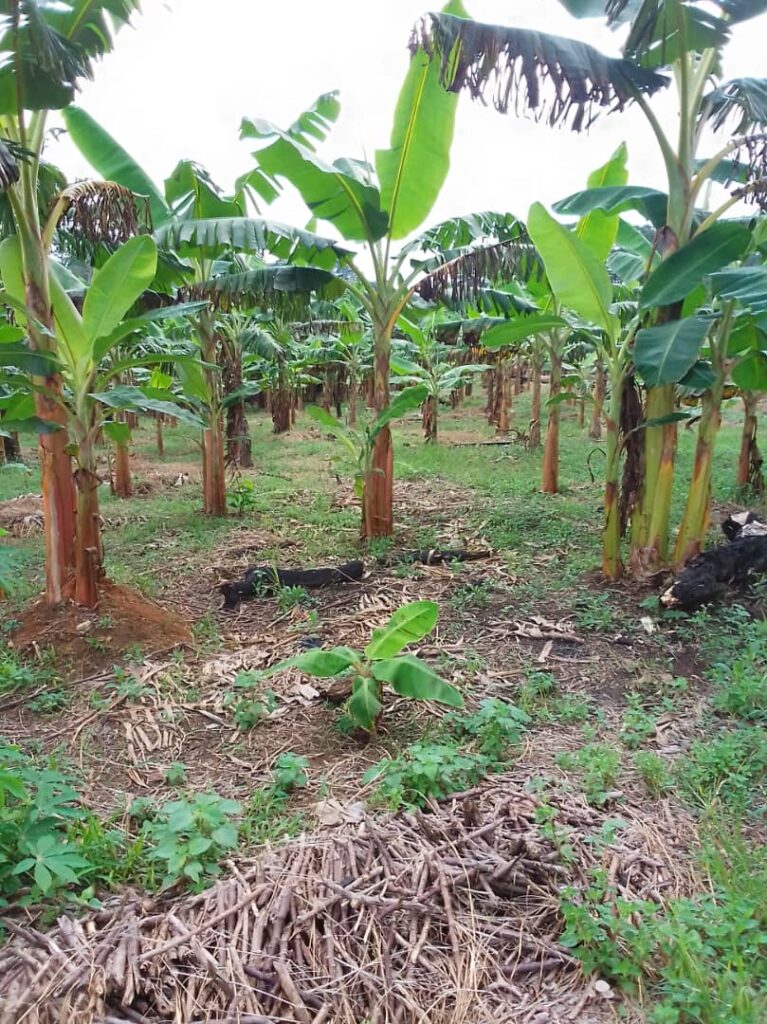
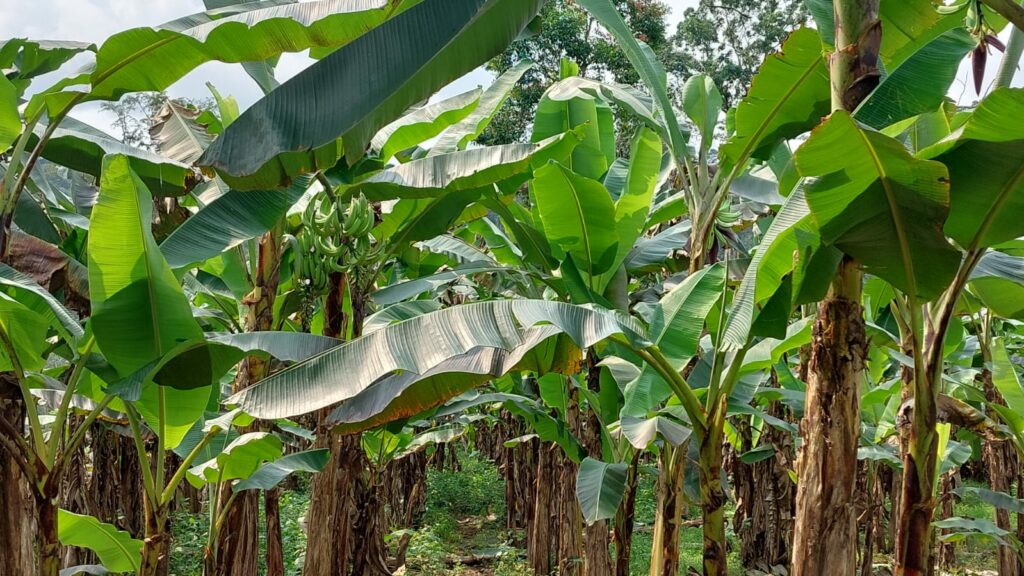
AFED: Tell us about your professional experience
I build mathematical models to select plants for better yields, resistance to disease and climate change, among other things.
Alain MBEBI, agripreneur, founder of the AFA “African Feed Africa” concept
After my doctoral thesis, I consulted for a renowned financial group in the field of speculative finance research and development. My passion for research, family reasons and my desire to be close to agri-business soon took me away from the financial world in a professional capacity. I discovered a new passion in quantitative plant genetics – a field in which I still work as a data analyst. In simple terms, I build mathematical models that enable plants to be selected for higher yields, resistance to disease and climate change, among other things.
Over time, I have been promoted to positions of increasing responsibility, enabling me to lead research projects and collaborate with experts in the field. I have been involved in a variety of projects, from the creation of predictive models for strategic decisions to the introduction of new coffee varieties on the world market. Alongside my main job, I’m also involved in innovation and software development projects to explore gene regulatory networks and their implications for cancer treatment.
All this is just the culmination of the little wisdom I acquired in my early days as a street vendor, builder’s helper or salesman (“appacheur”) at the Mokolo market in Yaoundé.
Alain MBEBI, agripreneur, founder of the AFA “African Feed Africa” concept
However, despite my professional fulfillment, I always felt a stronger calling towards agriculture. So I decided to launch myself into agricultural entrepreneurship by creating my own concept called AFA. This allows me to combine my passion for agriculture with my skills in data analysis. For example, we use data-driven approaches on a daily basis to optimize farming processes, maximize productivity, manage the farm, select the right crops, establish partnerships with other players in the agricultural industry and market our products. I’m also heavily involved in community initiatives to promote sustainable agriculture and encourage young people to embrace opportunities in the agricultural sector.
My career path is fulfilling, as it allows me to develop technical skills, take on stimulating challenges, and create a positive impact in the community. Finally, I’d like to say that all this is just the culmination of the little wisdom I gained in my early days as a street vendor, bricklayer’s helper or salesman (“appacheur”) at the Mokolo market in Yaoundé.
AFED: What are you most proud of professionally, and what would you do differently?
It would be a bit difficult to give a precise answer to the first question. The fact is that in my lifestyle, things rarely fall into my lap. I choose and accept my challenges not for personal gain, but for the glory of God. That’s my only motivation, and everything else comes as a bonus. For this reason, all accomplishments (professional or otherwise) in which I’m a “tool” have equal value in my eyes. Having said this, one of the things that brings me peace on a daily basis, and of which I’m proud, is the blossoming of the students I had the privilege of mentoring when I was a math teacher in local secondary schools. The fraternal and “fatherly” relationship I continue to have with most of them, and the knowledge that I have made a modest contribution to what they have become, give me the smile and motivation to take on new challenges.
I choose and accept my challenges not for personal gain, but for the glory of God.
Alain MBEBI, agripreneur, founder of the AFA “African Feed Africa” concept
As for the second question, I sincerely don’t think I’d do anything differently in my journey. Today, when I take a step back and look at my future, I see myself as the fruit of a succession of trials, events, encounters, failures and bad decisions. I love who I am, the precious people in my life, and I wouldn’t change that for the world. What’s more, I don’t think I’d appreciate life in the same way if just one piece of my chessboard were changed.
AFED: What advice can you give to young people today?
It’s a great responsibility and an honor to give advice. I’ll simply repeat here what I’ve received from the beautiful souls who once crossed my path.
“Making money is an action, keeping it is a behavior and making it grow is knowledge”.
Brian Koslow
- When you want to do something, do it and take responsibility for it. Fear of failure is a big brake for many young people, forgetting that you can only truly appreciate the sweet when you’ve experienced the bitter. After all, I don’t recall reading anywhere that the path to the top that everyone sets for themselves is a long, quiet river. In all circumstances, the most important thing is not to lose sight of your objective, learn from your mistakes (there will certainly be some) and readjust in the light of reality. Failure can become a never-ending spiral if you feel ashamed of it, and especially if your reaction time to overcome it becomes very long.
- The probability of finding a blank piece of paper in the trash isn’t zero, so never let anyone diminish you or distract you from your essential purpose. Even if no one believes in you, be that scarlet paper for yourself and others, because there’s always someone who needs an example or reference point.
- Given that these days, almost everything revolves around the thickness of the wallet, I’m going to leave my youngest with the following sentence that I read somewhere and unfortunately can’t remember who wrote it (to give him the credit that goes with it): “Making money is an action, keeping it is a behavior and growing it is a knowledge”. Mastering and understanding these three money principles will keep you away from the consequences of taking the easy way out, the negative influence of those who claim to be rich and the lack of self-confidence when it comes to entrepreneurship.
- Finally, many people (as I’m doing right now) will give you advice throughout your life, under the pretext that they know what’s good for you. Listening to them is fine, because you always have something to learn from others, and they can give you insights or ideas about a problem, but in the end it’s up to you to make your own choices and take responsibility for them.
AFED: With your international experience, can you say in a few words what Cameroon needs for real development?
If we all learn to live together and behave as citizens and not as people on holiday or just passing through Cameroon, then we’ll be able to identify our real problems and the appropriate solutions.
Alain MBEBI, agripreneur, founder of the AFA “African Feed Africa” concept
In my humble opinion, true development, if we want it to be sustainable and useful, should be undertaken (thought about) before it is achieved. We must then understand that there is the personal part before the common one. Everything should start with personal-spiritual development, where everyone becomes aware of this necessity, works on themselves, makes commitments and respects them before hoping for infrastructure, which is only the visible part of development. If we learn to live together and to behave as citizens and not as people on holiday or just passing through Cameroon, then we’ll be able to identify our real problems and the appropriate solutions.
When you’re at school, educate yourself to achieve something instead of looking for hollow diplomas. Then identify our society’s real problems and set about solving them. What will make up 50% of the capital you’ll need for entrepreneurship is your time, passion and a well-thought-out project.
Alain MBEBI, agripreneur, founder of the AFA “African Feed Africa” concept
Above all, we need to understand that our individualities are only tools for achieving our common destiny. We need to understand that, like all precious things, this will not come without pain. You only have to look at nature and see where minerals such as diamonds and gold are found, which are never at hand and which we consider precious, to understand what I’m talking about.
Finally, to young people, I’d like to say this: “When you’re at school, educate yourself so that you can achieve something, instead of looking for hollow diplomas. Then identify the real problems of our society and set about solving them. What will constitute 50% of the capital you’ll need for entrepreneurship is your time, passion and a well-thought-out project.”